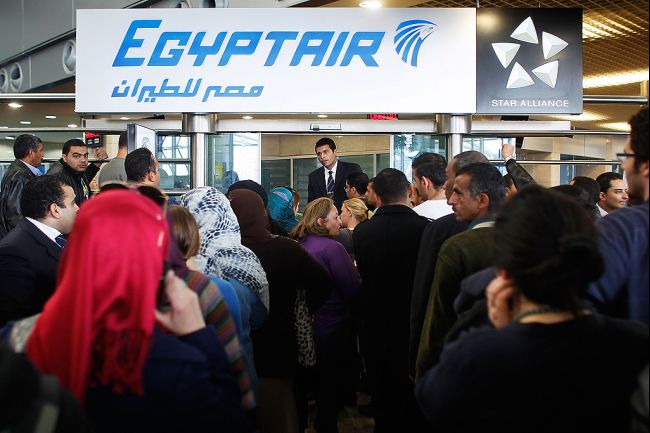The revenues of Sharm Dreams Company for Tourist Investment are expected to decline by 60% by the end of the year, compared to a 35% decline experienced in 2015, according to chairperson and managing director Hamada Abo El Enein.
In an interview with Daily News Egypt, Abo El Enein said low tourism numbers are responsible for the company’s plummet in revenues.
He believes tourism will recover in the coming period. “We should be ready for when that happens,” he added.
In the first nine months of 2015 the company registered EGP 3.6m in losses. Their losses have since increased more than ten-fold, costing them EGP 42.2m in the same period in 2016.
The company’s net loss amounted to EGP 7.76m in the second quarter of 2016, compared to a profit of EGP 3.47m in the same period last year.
Despite the decline in the company’s revenue last year, Abo El Enein said that the company is determined to develop two hotels in Sharm El-Sheikh and Hurghada with costs amounting to EGP 370m and an expected room capacity of 580.
Abo El Enein said that the tourism sector has proved it is capable of dealing with the tourism crisis over the past five years. “Tourism will regain its momentum as soon as countries lift their travel bans,” he stressed.
In October 2015 a Russian aeroplane en route from Sharm El-Sheikh to St. Petersburg was downed over the Sinai peninsula, killing all 224 passengers and crew aboard. The cause of the crash was determined to be “high energy dynamic influence,” from within the aircraft. In other words, an internal explosion ruptured the fuselage of the aeroplane.
The Sinai-based Islamic State (IS) affiliate “Sinai Province” had claimed responsibility for downing the aeroplane, but authorities have been reluctant to call it a terrorist attack.
In response to the incident, Russia suspended all flights to Egypt starting in November 2015. In October, the Russian transport minister said flights to Egypt would resume by the end of the year. Britain had also suspended its flights to Sharm El-Sheikh.
According to the Ministry of Tourism, Russian and British tourism to Egypt accounts for 45% of the annual sheer inflow. After the incident Egypt witnessed a sharp decline in tourism, with the Central Agency for Public Mobilisation and Statistics registering a 99.6% decline in the number of Russian tourists visiting Egypt after the incident. The year-on-year decline in November was 41%



